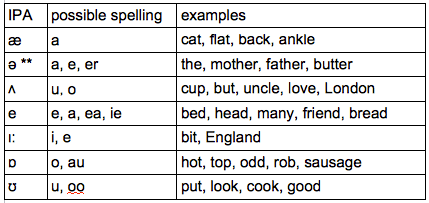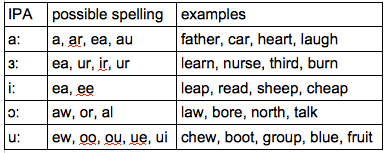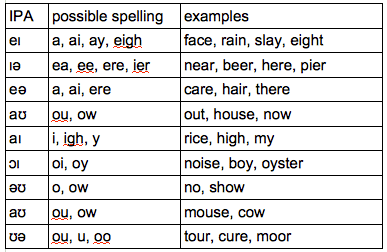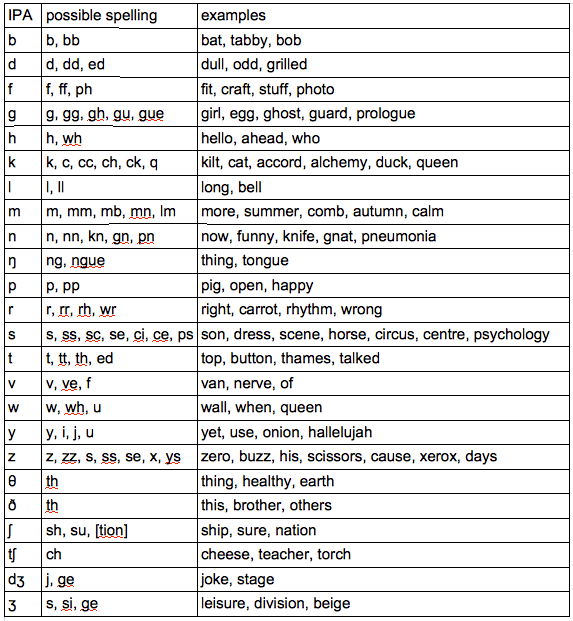How To Speak British English Fluently and Confidently

Learning how to speak British English fluently and confidently does require practice – just like learning anything new, but there are a few tips to make it easier. Most important is to make the effort to learn how to pronounce words correctly and clearly from day one.
Investing time on correct pronunciation will help your progress becomes easier throughout your whole learning process.
6 TIPS ON HOW TO SPEAK BRITISH ENGLISH
FLUENTLY AND CONFIDENTLY
- Fluency and confidence means communicating clearly, it doesn’t mean you need to speak fast, rush or panic. In fact speaking a little slower gives the impression of confidence, so relax into it.
- Use British English words; you’ll sound a lot more authentic.
- Learn some British slang – it’s a lot closer to real everyday spoken English than textbook English is (of course you need to know textbook English for exams, work, formal situations)
- Listen to British radio, podcasts, films, videos, and actually mimic the speaker; don’t just repeat the words. Copy the body movements and gestures too if it’s film; really embody that Britishness.
- Train your mouth to become familiar with making the sounds common in British English. Use a mirror as you listen to audios and mimic native British speakers, to help you develop better mouth positions
- Speak as much as possible with British English native speakers. If there isn’t one handy to chat with you, a great solution is a Community teacher from italki. They are native speakers who are not necessarily qualified teachers, so lesson costs are considerably lower, but they can still help you hugely.
- Keep practicing and never give up!
BRTISH ACCENT PRONUNCIATION GUIDE
Learning how to pronounce words correctly and clearly is half the battle of becoming fluent and confident in English. In British English there are approximately 44 unique sounds (known as phonemes).
Because English spelling is not phonetic, and the same sound can be made with a variety of different spellings, it’s useful to have the International Phonetic Alphabet (IPA) to indicate sounds.
We also have a lot of accents in Britain. This British accent pronunciation guide is based on Standard British English which is the English spoken in south-eastern England and is considered a neutral British accent.
SHORT VOWEL SOUNDS

** this is called ‘schwa’ and it’s the most frequent sound in English – it appears in almost every word of more than two syllables and is usually in unstressed syllables
LONG VOWEL SOUNDS

DIPHTHONGS (double vowel sounds)

CONSONANT SOUNDS

In case it needed to be emphasised how crazy the spelling and pronunciation mash-up is in English, here’s a poem to demonstrate.
Unfortunately the author is unknown but we’re ever grateful to him or her for capturing the idiosyncrasies of the language so brilliantly.
If you’re into extreme practice as you learn how to pronounce words correctly and clearly, this poem is a real workout for both the mouth and the brain.
Hints on Pronunciation for Foreigners
I take it you already know
Of tough and bough and cough and dough
Others may stumble, but not you
On hiccough, thorough, laugh, and through.
And cork and work and card and ward
And font and front and word and sword
Well done! And now if you wish, perhaps
To learn of less familiar traps.
Beware of heard, a dreadful word
That looks like beard and sounds like bird.
And dead: it’s said like bed, not bead–
For goodness sakes don’t call it deed.
Watch out for meat and great and threat,
They rhyme with suite and straight and debt.
A moth is not a moth in mother,
Nor both in bother, or broth in brother.
And here is not a match for there,
And dear and fear for bear and pear.
And then there’s dose and rose and lose–
Just look them up – and goose and choose,
And do and go, then thwart and cart.
Come, come, I’ve hardly made a start!
A dreadful language?
Man alive! I’d mastered it when I was five.


